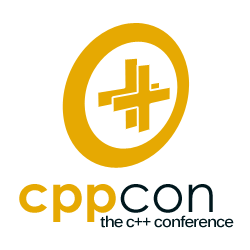Announcing a single C++ library manager for Linux, macOS and Windows: Vcpkg--Eric Mittelette
Are you interested?
Announcing a single C++ library manager for Linux, macOS and Windows: Vcpkg
by Eric Mittelette
From the article:
At Microsoft, the core of our vision is “Any Developer, Any App, Any Platform” and we are committed to bringing you the most productive development tools and services to build your apps across all platforms. With this in mind, we are thrilled to announce today the availability of vcpkg on Linux and MacOS. This gives you immediate access to the vcpkg catalog of C++ libraries on two new platforms, with the same simple steps you are familiar with on Windows and UWP today...


 An observation on using std::size & co with statically sized char arrays:
An observation on using std::size & co with statically sized char arrays: